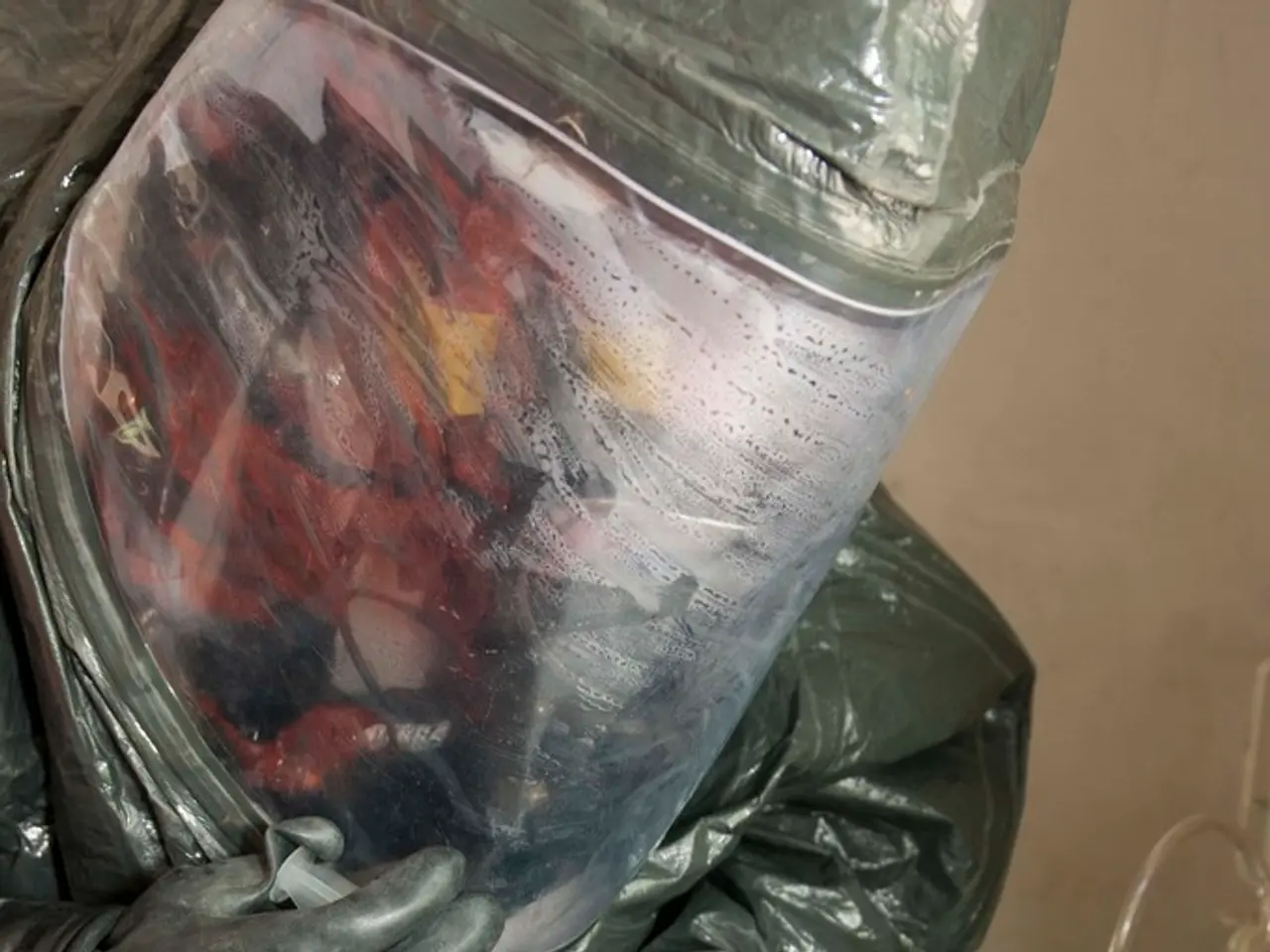China retaliates against EU by imposing a retaliatory ban on significant medical equipment contracts
The ongoing trade dispute between the European Union (EU) and China has taken a new turn with the implementation of reciprocal bans on medical equipment procurement. This development marks a significant escalation in the already strained bilateral trade relations, with both sides imposing restrictions on each other's medical device companies in government procurement.
On June 2, 2025, the European Union enacted a ban on Chinese medical device manufacturers from bidding on public procurement contracts worth more than €5 million (approximately $5.7 million) for a period of five years. This is the first application of the EU’s International Procurement Instrument (IPI), designed to ensure reciprocity in market access. The decision followed an EU investigation revealing that 87% of Chinese government tenders for medical devices between 2017 and 2024 imposed restrictions against foreign (including EU) suppliers, primarily due to China’s "Made in China 2025" policy favoring domestic products.
In response, China implemented a reciprocal ban targeting European medical device companies from participating in Chinese government procurement projects with budgets exceeding 45 million yuan (around $6.3 million) from early July 2025. The restrictions exclude EU companies but allow those with European capital established in China to participate. The ban covers surgical instruments, MRI equipment, orthopedic implants, blood-based pharmaceuticals, and medical lasers. Additionally, contracts involving non-EU companies cannot have EU-imported medical devices exceeding 50% of their value. Exceptions apply if only EU-imported medical devices meet procurement requirements.
This tit-for-tat ban is part of a broader deterioration in EU-China economic relations, following disputes in sectors like electric vehicles, rail, solar, and wind, and a large trade deficit of $357.1 billion favoring China. Both sides risk disruption in medical device supply chains, as China is a significant trading partner for EU medical technology and vice versa. EU firms risk losing access to a large segment of the Chinese government procurement market, while Chinese firms face hurdles entering lucrative European contracts.
The bans may complicate ongoing diplomatic efforts, despite recent visits by Chinese officials to EU capitals aiming to improve relations. The measures reflect underlying mistrust and accusations of protectionism. If unresolved, this could lead to further retaliations and hardening of trade barriers, affecting innovation, pricing, and availability of medical technology in both markets.
China's commerce ministry expressed a willingness to resolve disputes regarding public procurement through consultations, dialogue, and bilateral arrangements. The European Commission stated that the EU ban was a reaction to China's longstanding exclusion of EU-made medical devices from Chinese government contracts. The ban applies to European Union companies, with the exception of those with European capital established in China. No information was given about any potential responses from the EU regarding China's ban on European companies from major medical equipment purchases.
- The European Union's ban on Chinese medical device manufacturers from bidding on public contracts worth more than €5 million is the first application of the EU’s International Procurement Instrument (IPI), designed to ensure reciprocity in market access.
- The EU's decision follows an investigation revealing that 87% of Chinese government tenders for medical devices between 2017 and 2024 imposed restrictions against foreign (including EU) suppliers, primarily due to China’s "Made in China 2025" policy favoring domestic products.
- Politics and business are becoming increasingly intertwined in the ongoing EU-China trade dispute, with both sides implementing reciprocal bans on major medical equipment purchases, which may impact the general-news and finance industries.
- As the trade dispute continues, the finance and capital industries will be crucial in navigating the risks associated with disrupted medical device supply chains and potential retaliations in sectors beyond medical technology.




